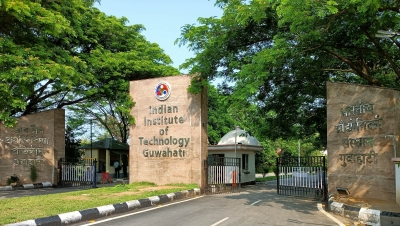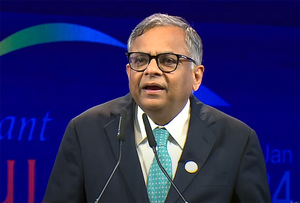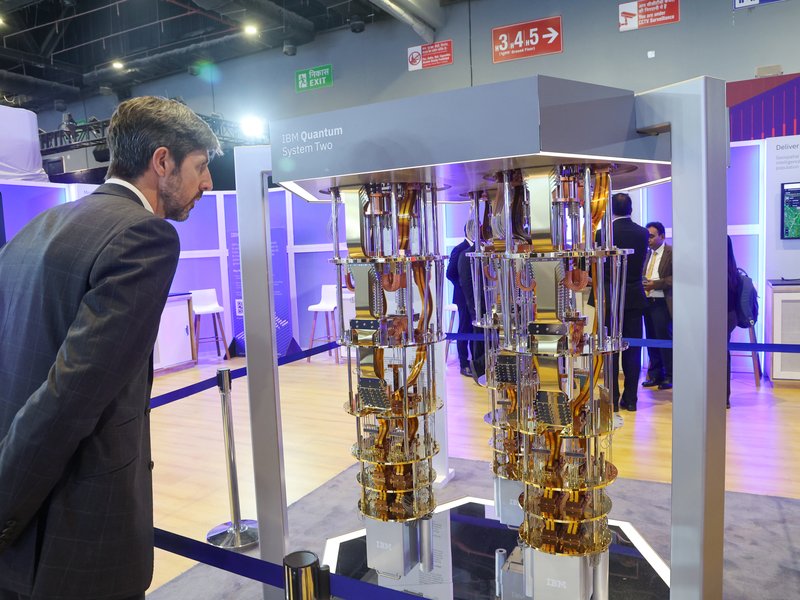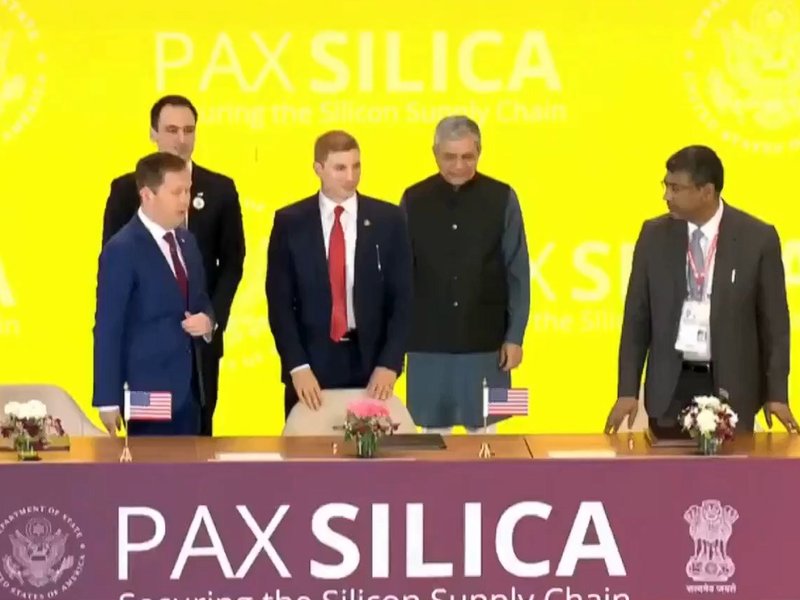Guwahati, Oct 13 (IANS) Researchers from the Indian Institute of Technology (IIT) Guwahati have developed a novel heat transfer fluid based on nanofluids, which is capable of efficiently transferring heat generated using solar power to desalination systems.
This advancement promises a practical solution for producing potable water from seawater, addressing the pressing issue of global water scarcity.
With the world facing a severe water shortage that outpaces population growth, the demand for desalination -- a process that extracts freshwater from saltwater -- has become critical.
However, conventional desalination methods use heat generated by burning fossil fuels, leading to economic and environmental challenges. Concentrated Solar Power (CSP) that uses sunlight to generate heat is a promising solution to this problem.
The challenge of using CSP for desalination lies in transferring the generated heat from CSP systems to the desalination plants. Common heat transfer fluids, such as molten salts and synthetic oils, present drawbacks, including high melting points and low heat transfer efficiencies.
In addition, India's dependence on imported heat transfer fluids escalates capital costs.
To address these issues, the researchers explored the use of nanofluids, suspensions of nanoparticles in Deep Eutectic Solvent (DES), as an efficient alternative.
The researchers leveraged the exceptional thermal conductivity and stability of graphene oxide dispersed in a DES -- a safe and environmentally friendly solvent. By modifying graphene oxide with an amine functionality, they achieved enhanced dispersion stability, overcoming the tendency of nanoparticles to clump together.
"We developed a nanoparticle-dispersed deep eutectic solvent (NDDES) through precise mixing, demonstrating outstanding thermal conductivity and stability. This breakthrough has immense potential for sustainable energy applications, particularly in solar energy and desalination," Nipu Kumar Das, from IIT Guwahati.
The study, published in the journal Sustainable Chemistry & Engineering, has demonstrated the superior thermal properties of nanofluids in heat transfer applications.
The researchers have also proposed an innovative desalination system utilising nanofluids and a heat exchanger. This system aims to achieve a Gain Output Ratio (GOR) of around 10, indicating the potential for generating a larger quantity of freshwater.
--IANS
rvt/prw











